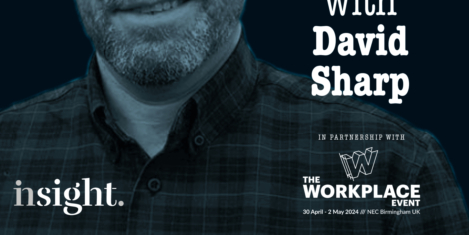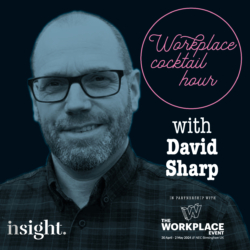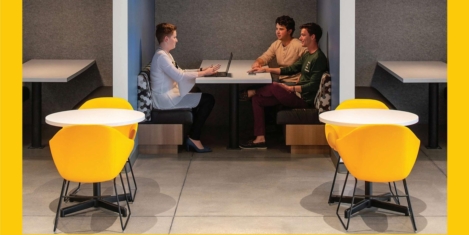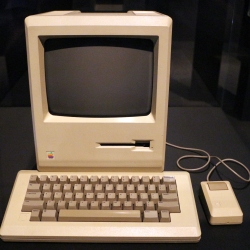March 6, 2024
People have lost trust in AI already, and aren’t keen on innovation more generally
 The 2024 edition of the Edelman Trust Barometer claims to expose a rift on the subjects of AI and innovation that has become a new factor in the polarisation of societies. Respondents, by nearly a two-to-one margin, feel innovation is being poorly managed; this is true across age groups, income levels, and gender, and in both developed and developing countries people are more likely to say innovation is poorly managed than well managed. Innovations have also become politicized, especially in Western democracies where right leaning individuals are far more likely than those on the left to reject them; the biggest differences between those on the right and left are in the U.S. (41 points), Australia (23 points), Germany (20 points), and Canada (18 points). (more…)
The 2024 edition of the Edelman Trust Barometer claims to expose a rift on the subjects of AI and innovation that has become a new factor in the polarisation of societies. Respondents, by nearly a two-to-one margin, feel innovation is being poorly managed; this is true across age groups, income levels, and gender, and in both developed and developing countries people are more likely to say innovation is poorly managed than well managed. Innovations have also become politicized, especially in Western democracies where right leaning individuals are far more likely than those on the left to reject them; the biggest differences between those on the right and left are in the U.S. (41 points), Australia (23 points), Germany (20 points), and Canada (18 points). (more…)





































March 7, 2024
Get tech right to tackle worker burnout and digital overwhelm
by Sanj Bhayro • Comment, Technology